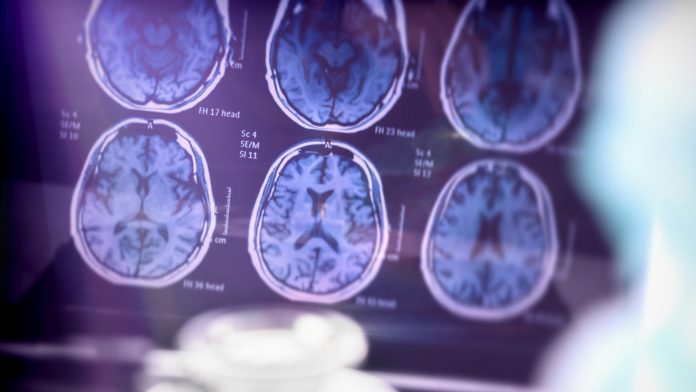
New research concludes that subjective impairments in cognitive performance are a strong indicator of early-stage Alzheimer’s.
When an individual acknowledges their memory or other mental abilities are declining, but objective tests do not reveal deterioration, this is medically known as “subjective cognitive impairment” (SCD). SCD, in conjunction with clear levels of beta-amyloid proteins in the cerebrospinal fluid, is a strong indication of developing early-stage Alzheimer’s disease.
The full research can be found in the journal Alzheimer’s & Dementia.
Nationwide study to identify early-stage Alzheimer’s
The long-term DZNE study called DELCODE comprised ten study centres and several university hospitals in Germany. The cognitive performance of almost 1,000 older women and men has been recorded annually for several years through established neuropsychological test procedures. Alongside the analysation of cerebrospinal fluid of some participants and brain volume determined by magnetic resonance imaging (MRI).
Researchers evaluated measurement series of the individual subjects, with each data set covering a period of up to five years. The cohort included over 400 people with SCD at baseline and around 300 individuals with measurable cognitive impairments. A control group was introduced into the cohort, which included 200 adults with normal cognitive performance.
Assessing cerebrospinal fluid
The protein beta-amyloid played an important role in investigating early-stage Alzheimer’s detection.
Accumulation of this protein can be assessed indirectly – based on the level of the protein in the cerebrospinal fluid. If the reading is beyond a threshold value, this is regarded as evidence that beta-amyloid is concentrating in the brain. These individuals are considered “amyloid-positive”. 83 study participants with SCD and 25 volunteers from the control group had this status.
“Deposition of beta-amyloid, like SCD, is a risk factor for Alzheimer’s disease. On their own, however, neither phenomenon is a clear indicator of disease. But the picture sharpens, as evidenced by our study, when these phenomena are considered together and over a longer period,” commented Professor Frank Jessen, a DZNE scientist and director of the Department of Psychiatry at the University of Cologne.
Measurable cognitive deficits
During the study, some participants from the SCD and control groups evolved measurable cognitive deficits, particularly in amyloid-positive individuals with SCD. In comparison, cognitive decline was, on average, much lower in amyloid-positive individuals of the control group.
The MRI scan of the brain showed clear differences in the hippocampus region tended to be smaller in amyloid-positive subjects with SCD than in amyloid-positive subjects of the control group, an indicator of atrophy which could imply early-stage Alzheimer’s.
“When you add up all the findings, including the data from those subjects who already had measurable cognitive deficits at baseline, we see the combination of SCD and amyloid-positive status as a strong indicator of early-stage Alzheimer’s disease,” Jessen said. “If you classify Alzheimer’s into six stages according to common practice, with stage six representing severe dementia, then, in our view, the combination of SCD and amyloid-positive status corresponds to stage 2. This occurs before the stage where measurable symptoms first appear and which is also referred to as mild cognitive impairment.”









